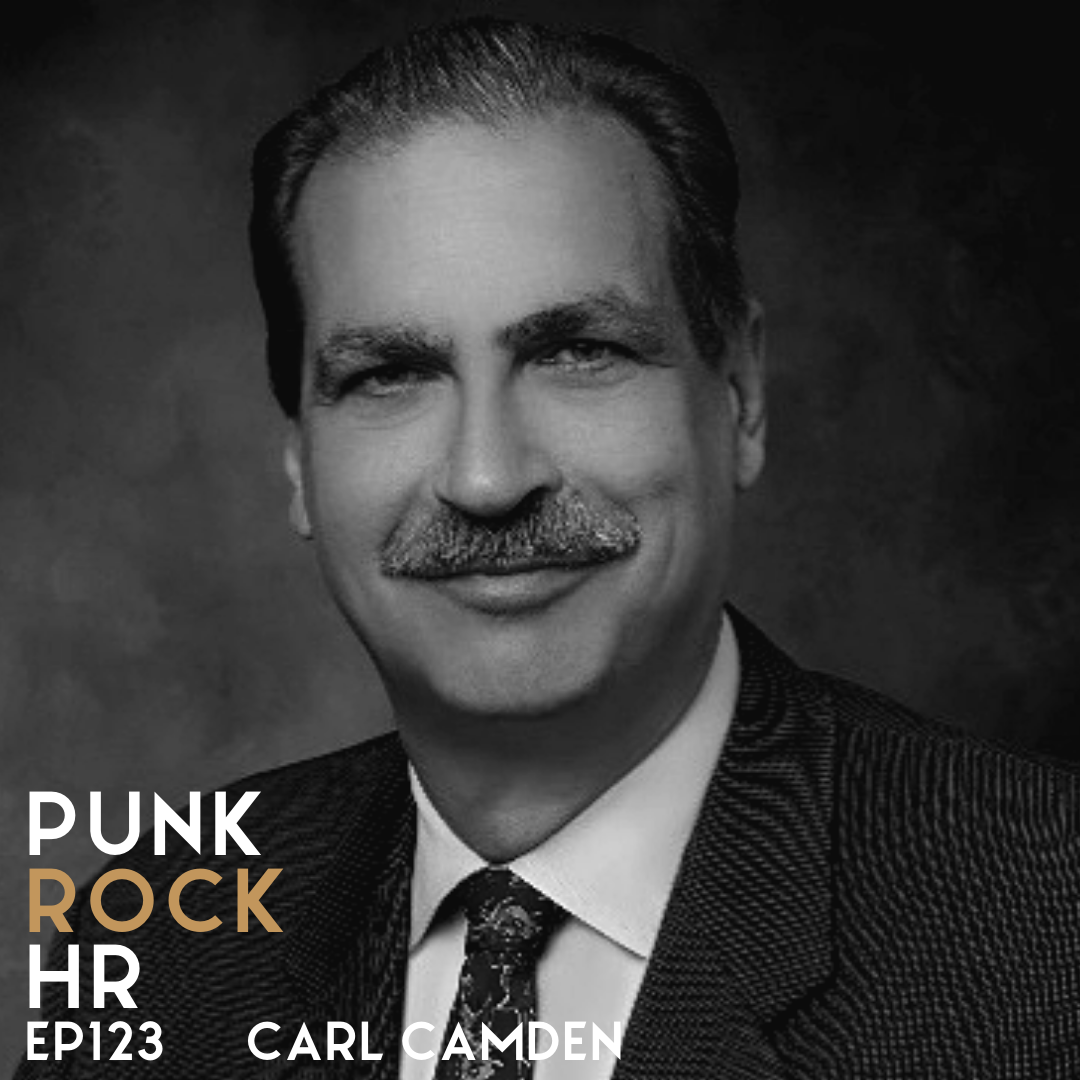
Punk Rock HR Episode 123:
Carl Camden is the former CEO of Kelly Services and the current president of iPSE-U.S. He has dedicated more than 25 years of his life to advocating for the independent workforce. This has looked like creating career opportunities and seeking justice for independent workers by challenging leaders to adapt to the future of work.
In 2017 Carl assembled industry leaders, House members from both parties, and association leaders for an exclusive D.C. event. This eventually became the genesis for iPSE-U.S. Today, this organization partners with a variety of other companies to provide the protection that corporations offer to their employees for independent workers.
In this episode, we talk about the differentiation between full-time workers and the gig economy and how often that differentiation turns people into second-class citizens. We also talk about the third rail of work, health-insurance benefits, and how iPSE-U.S. helps make it accessible to contractors. The gig economy covers everybody from Ph.D. scientists to delivery drivers and it could include you. So, if you have any interest in the topic, listen to my conversation with Carl.
In this episode you’ll hear:
- How Carl got to where he is today.
- Where we are today in the world of work.
- What Carl is doing to advocate for independent workers today.
- How independent workers are treated differently in the workplace.
- Independent work within marginalized communities.
- Carl’s prediction regarding breakthroughs in this area in the next generation.
KEY TAKEAWAYS
HOW IS CARL ADVOCATING FOR THE INDEPENDENT WORKFORCE TODAY?
One of the biggest issues in providing benefits and support for independent workers is a set of archaic regulations inside the U.S. tax code. These rules are making it difficult for people to work as independent workers and to get access to benefits and support services. So, iPSE-U.S. has been a part of coalitions that are fighting against discrimination against independent workers. They are working to make it a certainty that independent workers can have access to the same types of support and benefits that employees take for granted.
HOW ARE INDEPENDENT WORKERS TREATED DIFFERENTLY IN THE WORKFORCE?
Many companies practice discrimination against independent workers in surprising ways. For example, some require their independent workers to work in the furthest away parts or to park their cars in furthest away spots. Independent workers are often labeled as distinct from the employees and are viewed as not “one of them.” Some Ph.D. scientists who have worked independently for a year on a particular trial have reported not being invited to their company picnics or to other celebrations. The forms of discrimination are subtle but can extend all the way up to the not-so-subtle and the very important. Some companies argue that if independent workers are provided benefits, they will have to be reclassified as employees, which will cause a whole host of other problems.
IS THERE A FORESEEABLE BREAKTHROUGH IN THE WORLD OF INDEPENDENT WORK IN THE NEXT GENERATION?
Carl is optimistic that the breakthroughs are in the process of happening right now. COVID has been a disaster in terms of the nature of employment. Waves of people are saying they want to have more control over their own lives. The independent work style empowers workers in many ways and, because of this, more and more employees are transitioning to this way of working.